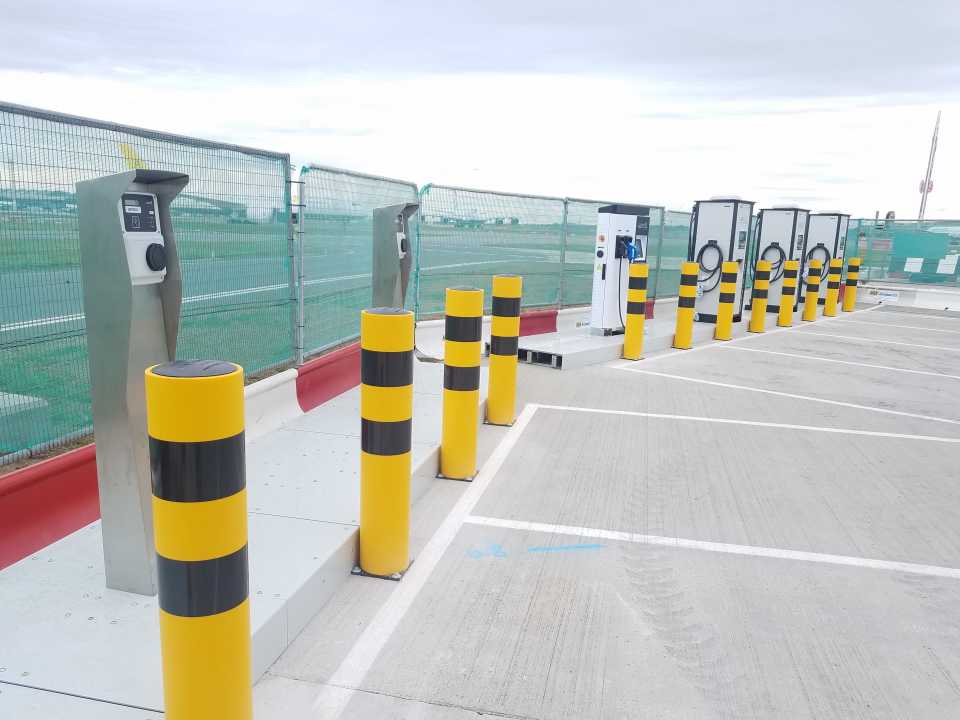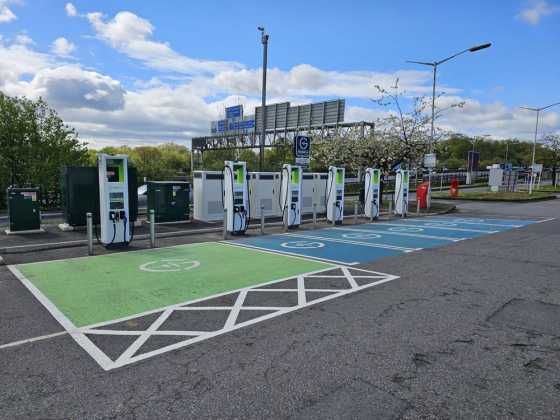50 per cent 'will consider electric as next purchase' suggests new research

Half of Britain’s drivers say that they will consider an electric alternative when purchasing their next car, according to new research from Consumer Intelligence.
Public support for the Government’s proposed 2040 ban on new petrol and diesel cars is growing, and nearly two-fifths (39%) of consumers voice support for the future prohibition, with than one in ten (11%) drivers say that are ‘very likely’ to purchase an electric car next time around.
However, Consumer Intelligence’s public opinion data also uncovers clear concerns that are putting purchasers off electric car ownership: 76% say a switch to an electric car is unaffordable; whilst 70% of drivers believe that electric cars are not suitable for long journeys; and 77% are put off by the perceived lack of electric charging points.
The research also reveals the extent to which drivers would be encouraged by Government subsidies to consider electric cars. As many as 66% of drivers would be encouraged to get rid of their petrol and diesel motors if a Government scrappage scheme were introduced; and over three quarters (76%) would be more likely to buy an electric car if the Government increased grants for purchasing one.
Ian Hughes, Chief Executive of Consumer Intelligence said: “Deteriorating air quality is a huge environmental public health concern and our research shows that 67% of consumers are worried about health risks from air pollution.
“There is growing public support for the 2040 blanket ban on diesel and petrol cars but the Government and motor industry need to address public scepticism for electric transport. Consumer perceptions of high costs, lack of charging points and long distance capabilities need to be tackled.
“Whilst Government grants and a scrappage scheme are favoured by drivers, the cost to the Government and ultimately to the taxpayer would appear to be prohibitive. The Government’s plans are set to unravel rapidly if it fails to address a number of structural issues in its strategy including costs to the public of new electric cars; supply of electricity from the grid; and the need to accelerate the pace of technological change in battery design.”



